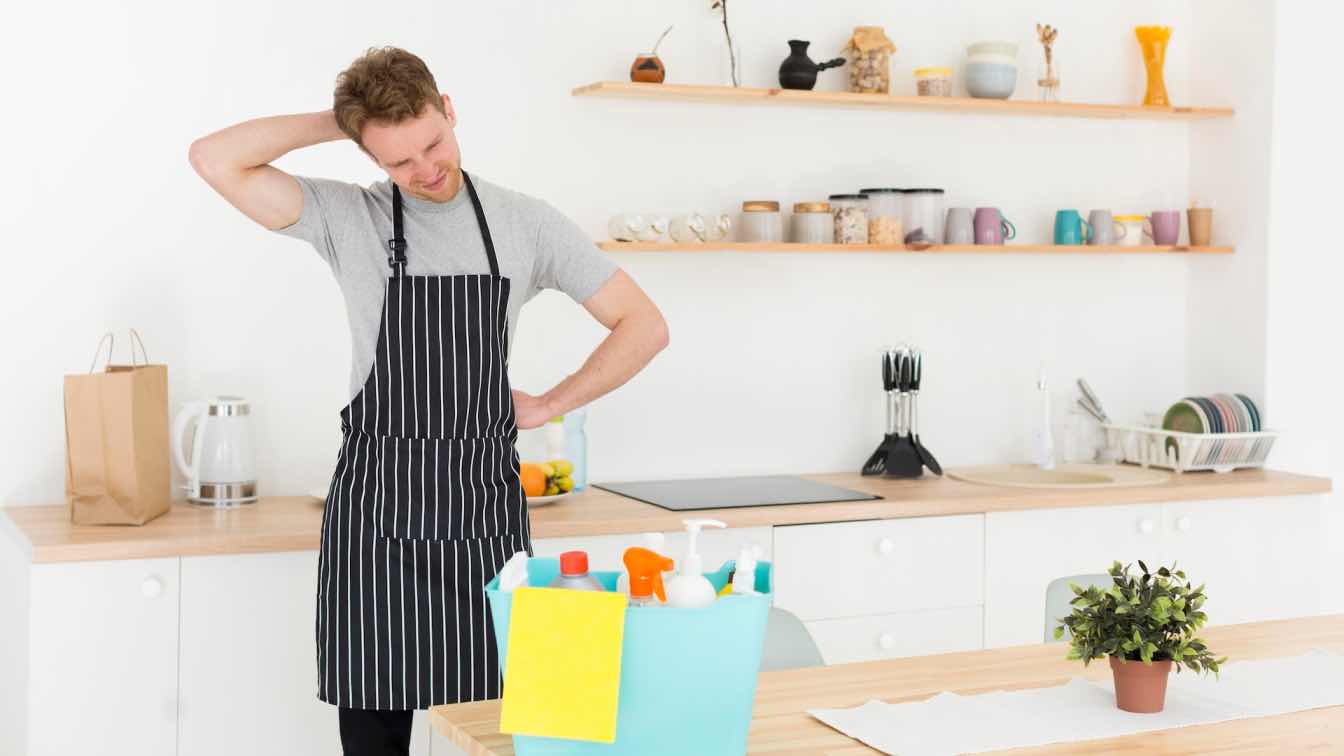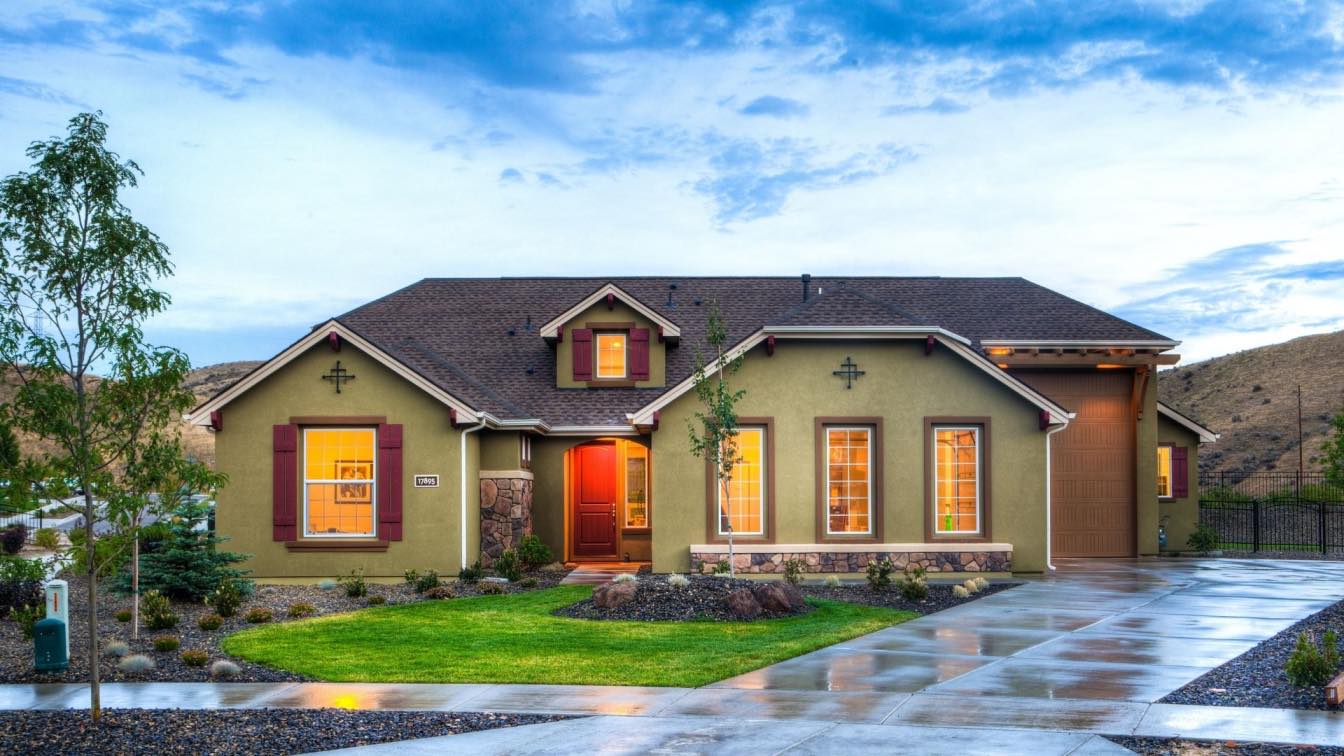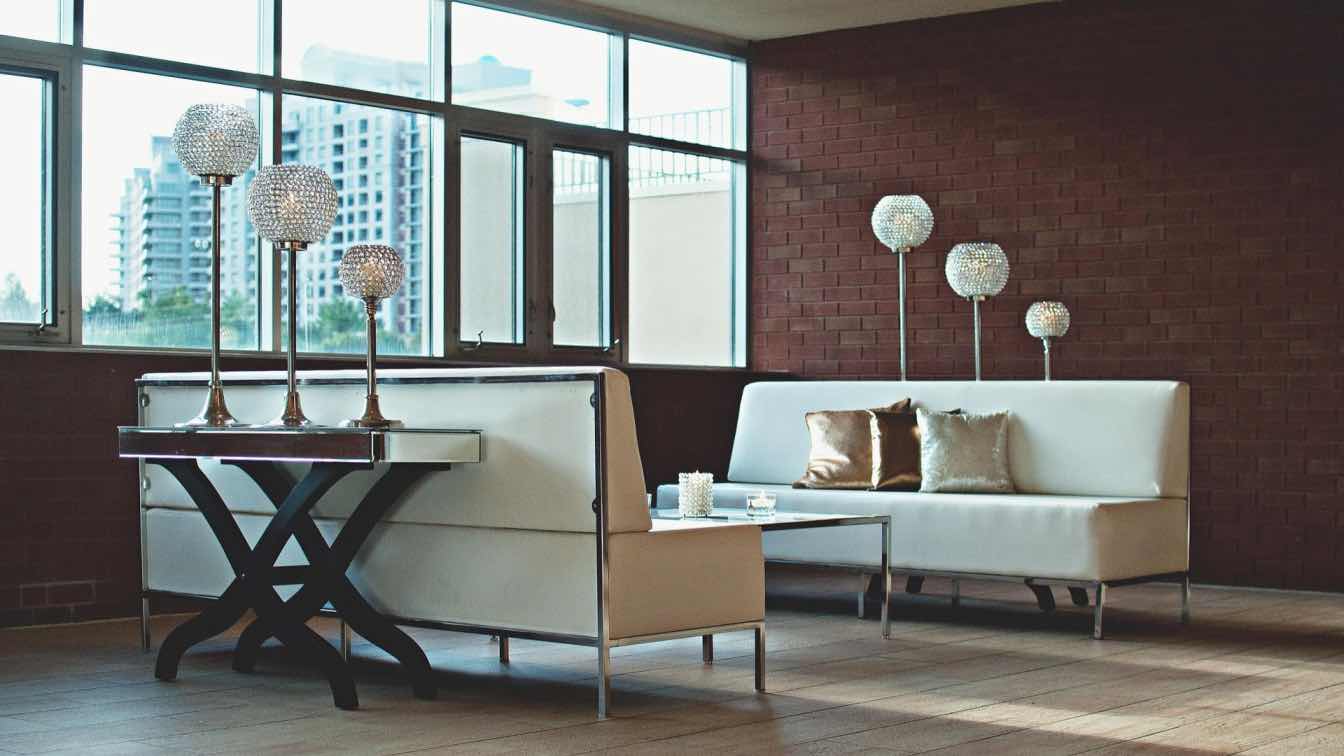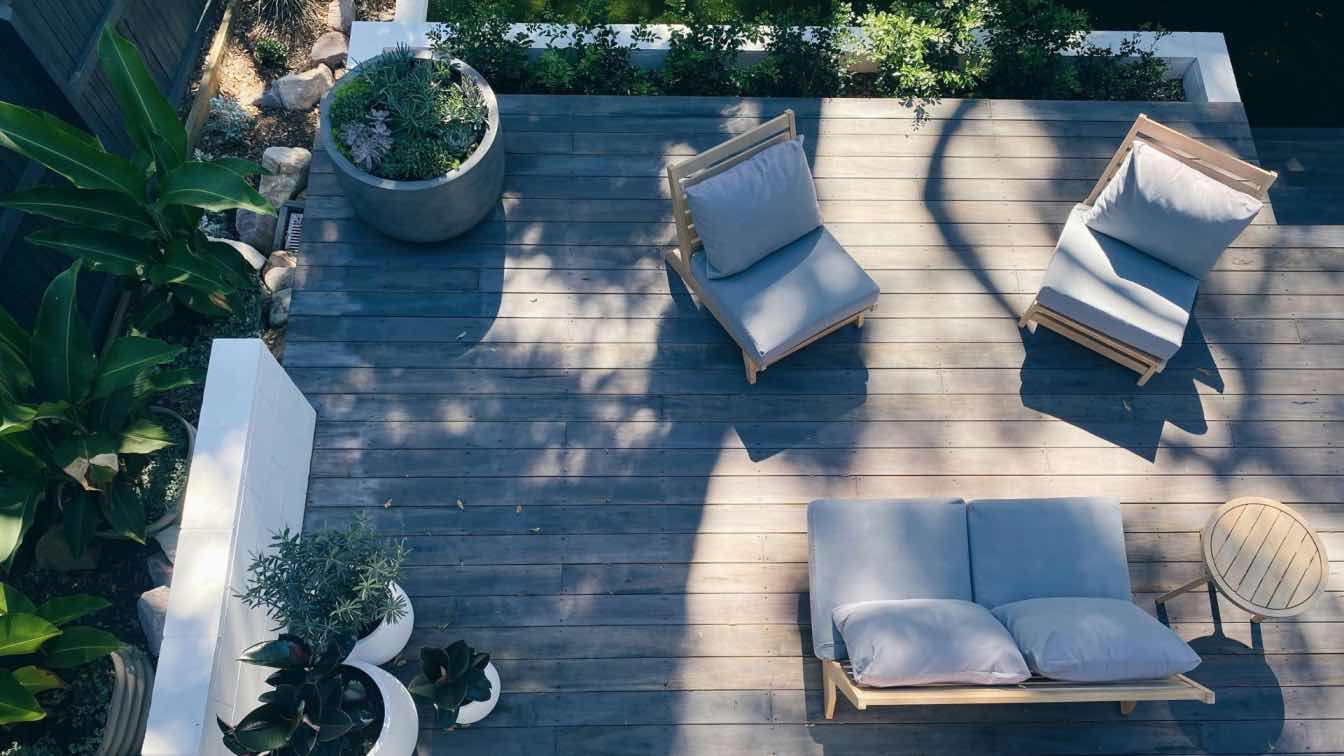Homeownership is great, but the constant upkeep and maintenance required can sometimes become overwhelming. And you’ll occasionally have to deal with the odd crisis too, such as a plumbing leak, broken door lock, or a power outage, to name a few examples.
But don’t panic, here’s some common household problems and what you should do, so you can tackle them in a cool, calm, and collected manner…
Getting Locked Out
It can happen to anyone, you’ve stepped out the front door to put the bins out and the wind blows the door shut behind you. It’s locked itself and you can’t get back in.
It can be very panic inducing, especially if you have young children, pets or those that need care/constant supervision left inside. It could also be hazardous to your health if it’s raining heavily, freezing cold, or even very hot.
If you really can’t find a solution to get back in, don’t try to break in. This is dangerous as you could hurt yourself or someone inside. This will also mean adding an extra cost to repair later on.
Your best bet will be to call an emergency locksmith. A local pro can arrive quickly to do their thing and give you access back to your property. They should also be able to do this in a way that doesn’t cause property damage.
Other Times a Locksmith Can Help
Locksmiths are great to call if you lose your keys, the keys break in the door, or when you move into a new home or have experienced a break in. They can update locks with the latest anti burglary features and recommend other solutions.
They can make spare keys if you don’t have any, though to prevent future lockouts you should probably leave a spare key with a trusted neighbour, nearby friend or family, or in a lockbox placed somewhere subtle outside your property. You could also consider installing a smart lock system.
If needed, investing in new locks on your doors and windows, smart systems, alarms, and security cameras will work together to increase the security of your home. Speak to a locksmith for advice and recommendations.
Preventing Plumbing Woes
We use some form of our plumbing system every day, whether that’s to shower, use the toilet or wash the dishes. Given this heavy reliance on such an essential system, anyone is bound to run into an issue eventually. And this list of issues can be endless, tap problems, water flow issues, drainage clogs and blockages (which could then lead to burst pipes, leaks, or flooding at worst!), lack of hot water and so on.
From regular maintenance to changing habits there are things you can do yourself to prevent risk of issues…
Keep things clean inside and out, use drain cleaner regularly, especially if you notice that water is draining slower, making gurgling sounds, or you notice a bad smell coming from the drain.
Reduce soap scum, hair, dirt, food debris from going down your drains. You can do this by disposing of dirt, food, and certain liquids like oils elsewhere like a bin.
You can also use drain covers to reduce the amount of pipe unfriendly things that may unintentionally fall down the drain. And never flush anything down the toilet besides human waste, toilet paper, cleaner, and anything that specifies that it’s flushable (some wipes are flushable, some are not).
Plumbing Emergencies
For extreme emergencies such as major leaks/flooding, make sure you shut off your main water supply to prevent further damage. Other emergencies include receiving no water at all and a flooding toilet, as this is a health hazard.
Leaks, damp, and a lack of ventilation can also lead to mould, which can affect those with respiratory issues. Damp environments can also attract certain pests, leading to an infestation. Address the leak, clean the mould, and seal gaps and cracks to prevent pests returning.
If you’re overwhelmed, don’t hesitate to call out a plumber as soon as you possibly can. Bigger problems and emergencies cost more money than issues caught early. Plus, water damage can wreak terrible structural havoc on your property, leading to even more expenses.
Top tip: Keep an eye on your plumbing system, look for signs of issues, regularly check on pipes, listen out for drips, and know where your water shut off valve is.
Electrical Issues
You should always keep an eye on your electrical system in order to prevent fires and shocks. Do not use torn cables or extension leads that have blown (they’ll have scorch marks). Be aware of faulty appliances causing these issues.
If you experience a power outage, it may be a street wide problem, so check if other homes on your street are missing power. If it’s just you however, check your circuit board as a fuse may have tripped and need to be manually reset by flicking the switch back on.
Note: keep an emergency blackout kit, consisting of torches or charged up battery packs to keep your phone alive whilst the power is out.
If you keep experiencing repeated issues, it may mean you’ll need to upgrade. It’s recommended to upgrade every 15 years or so, to keep up to date with the increasing demand from electricity (due to smart systems, constant wi-fi connection, charging and powering computers, games consoles, phones, etc.).
To make sure your electrical system remains safe, call a professional electrician for help and advice.
Final Thoughts
Managing a household is tough work but knowing how to prevent common issues with regular DIY maintenance, as well as knowing when to call a professional, will keep your stress levels down to a minimum.





